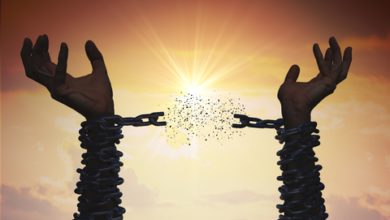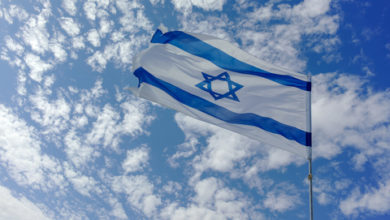Is it Good to Have a King?
In the Haftorah for this week, Samuel tries to strengthen the status of the King. “And Samuel said to the people, Let us go to Gilgal, where we will renew the kingdom.” [Samuel I 11:14]. It seems that Samuel has resigned himself to accept the will of the nation to appoint a king as their head, in spite of his objections when the people first turned to him (ibid, 8:6). It is therefore surprising to see that Samuel still rebukes the people at this point, even at an event where he seems to support Saul and gives him the title, “anointed by G-d” [12:3]. The rebuke, which is accompanied by a sign of thunder and rain in the season of the harvest, leads the people to cry out, “We have added on to our sins, by asking for a king for ourselves” [12:19].
Evidently Samuel’s intention is to create the proper awareness with respect to the government institutions. Anybody who prays for the appearance of the Kingdom of G-d has doubts about any other government authority. The Rebbe of Satmar, Rabbi Yoel Teitelbaum, expressed this doubt very well when he said that to establish any government, even a religious one, before the coming of the Messiah, would be a revolt against the Kingdom of Heaven. While it is true that his words are not halachically valid with respect to the government of the State of Israel for the simple reason that we were commanded in the Torah to establish this government (see Ramban, commenting on the Sefer Hamitzvot, positive commandment 4), such that in this case it is a mitzva and not a sin, there is a grain of truth in his approach – we must make sure that the government will not block the way to the Kingdom of Heaven but rather that it will be a reflection of this kingdom.
The events as they took place clarify the essence of the role of the prophet who accompanies a king – and this is to pray. “And the entire nation said to Samuel, Pray for your slaves to your G-d, so that we will not die” [12:19]. The people do not see prayer as a request or as an expression of religious fervor, but as the exclusive prerogative of the prophet. Since he is the one who is familiar with G-d, it is his obligation to turn to Him, and then the prayer will be answered. As opposed to classic religious training, where the teacher tries to encourage his pupils to join in the prayers, Samuel understands that since he is the prophet it is his job to pray. This position feeds the link to G-d for a society whose political situation blocks any direct Divine contact.
While the prophet does not fulfill the role of the King, it is his merit that allows the kingdom to exist. The presence of the prophets in the house of the King provides an element of criticism which keeps the path of the King in balance. Even at a time when there was no longer any prophecy in Israel, and even when the authoritative establishment was limited to the size of a community “vaad” – a local administrative committee – the halacha insists that it is necessary to have the agreement of an “important man” in order for the rules established by the community to have authority. Moral authority is what gives the political establishment a soul.
Source: “AS SHABBAT APPROACHES” – a biweekly column in Shabbat B’Shabbato (Zomet Institute) See: http://www.zomet.org.il/eng – Korach 5775, issue 1579.



